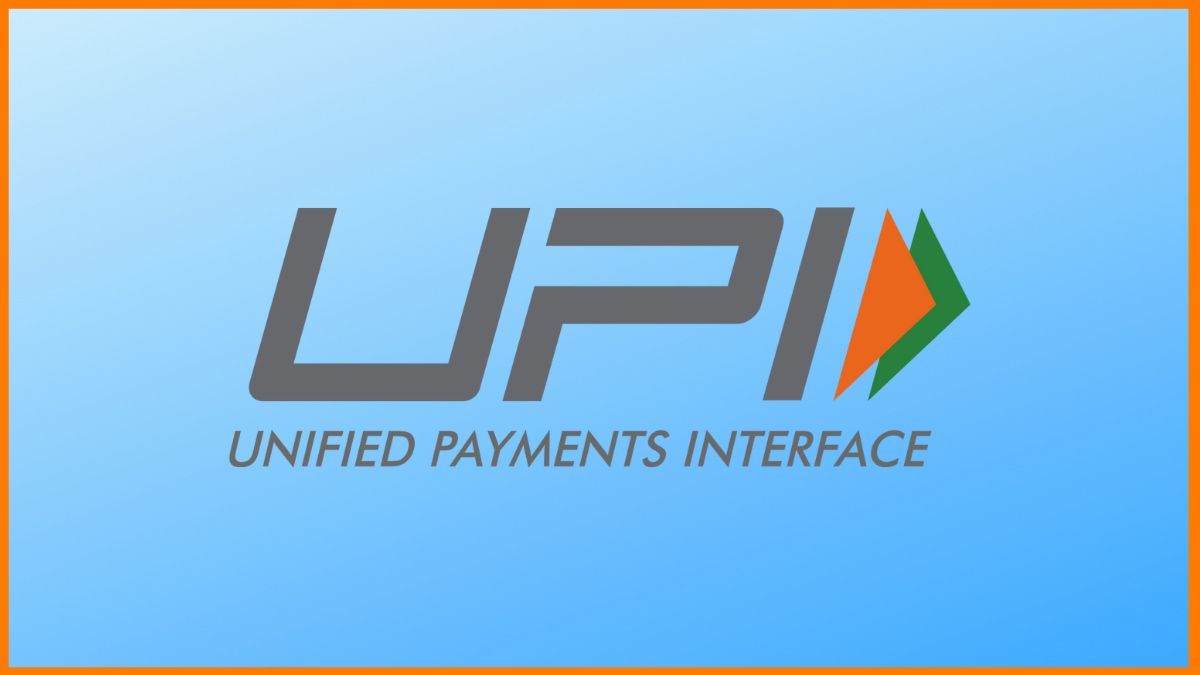
The National Payments Corporation of India (NPCI) is expected to delay the implementation of market share caps on Unified Payments Interface (UPI) transactions, a move that will significantly benefit major players Google Pay and PhonePe. The initial plan to impose a 30% market share cap on individual UPI payment apps has been postponed, with the new deadline potentially extended by one to two years.
Background on UPI Market Caps
In November 2020, NPCI announced its decision to limit the market share of any single UPI player to 30%, intending to mitigate risks associated with market concentration. The original deadline for compliance was set for January 2023, but it has been repeatedly extended due to various challenges in implementing this cap without disrupting the UPI ecosystem.
Dominance of Google Pay and PhonePe
PhonePe and Google Pay currently dominate the UPI market in India, collectively handling over 80% of the total transactions. PhonePe leads with a 49% market share, followed by Google Pay at 37.4%. The closest competitor, Paytm, has seen its share fall to 8% amid regulatory challenges and competition.
Reasons for the Delay
The delay in implementing the market share cap stems from concerns about the practical difficulties of reducing the dominance of PhonePe and Google Pay without hindering the overall growth and functionality of UPI transactions. NPCI’s primary focus remains on maintaining the robustness and reliability of the UPI infrastructure, which processes over 11 billion transactions monthly.
Moreover, smaller UPI players and new entrants have struggled to gain significant traction in a market overwhelmingly dominated by these two giants. There have been calls for more supportive measures to promote smaller players, but such initiatives have yet to gain traction.
Regulatory and Industry Responses
The decision to delay the market share caps has been met with mixed reactions. While Google Pay and PhonePe welcome the extension, smaller players in the fintech ecosystem and some policymakers have voiced concerns over the continued dominance of these two platforms. A parliamentary panel recently urged the promotion of local entities in the fintech sector, aligning with the broader ‘Make in India’ initiative.
Investors, particularly from the U.S., have also shown apprehension towards any regulatory moves that might disrupt the established market dynamics. Key stakeholders from the UPI ecosystem, including representatives from major payment platforms and regulatory bodies, recently met to discuss the future strategies for scaling UPI and addressing ongoing challenges.
While the final decision on the new deadline is yet to be made, the extension is likely to have significant implications for the UPI ecosystem. It provides a longer runway for Google Pay and PhonePe to maintain their market positions while offering regulators more time to devise effective strategies to ensure a more balanced competitive landscape.






















